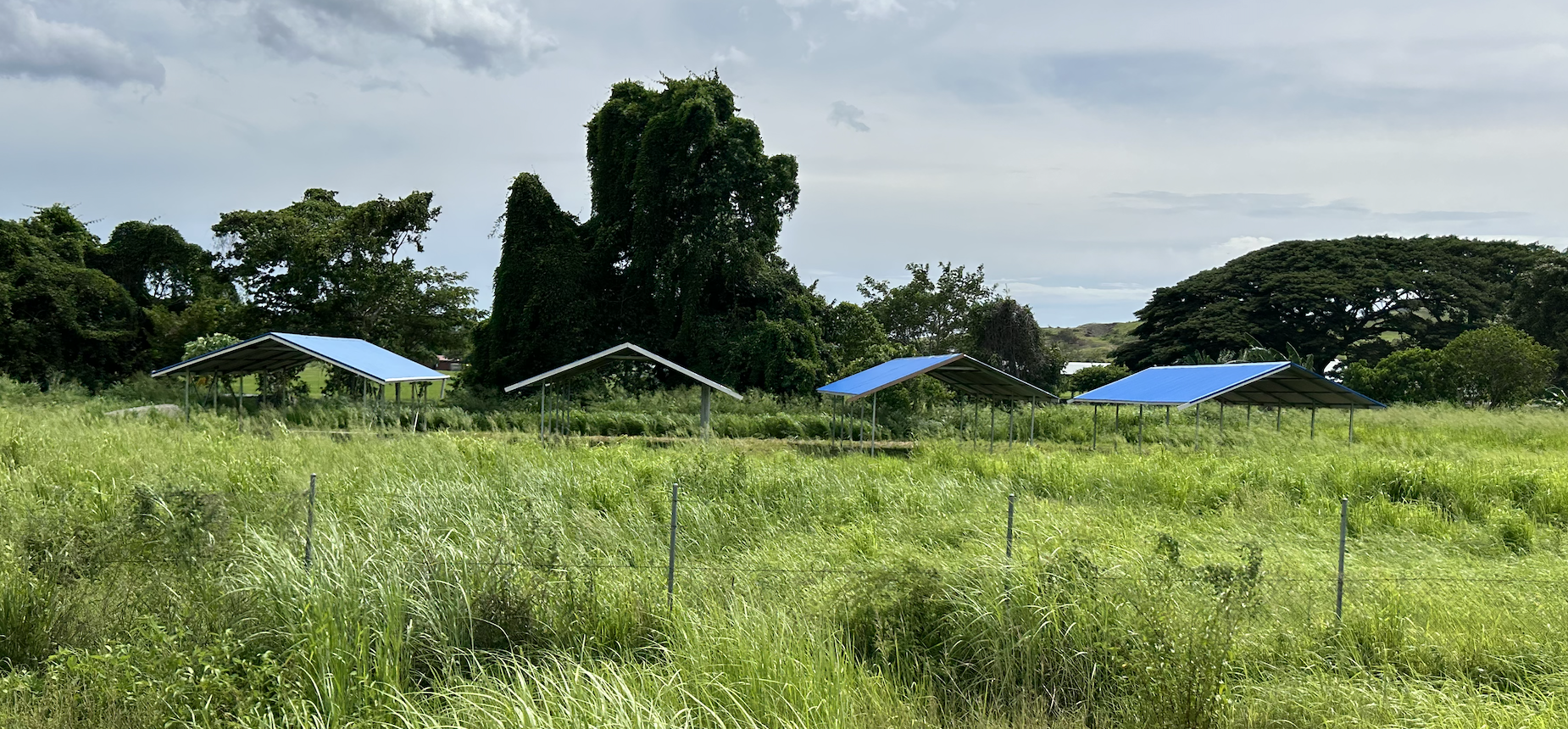Semi-subsistence smallholder farmers are key to PNG agricultural production. They produce essential subsistence crops and market excess for family income. Previous ACIAR projects have demonstrated that women smallholders have a double burden as they provide the major labour inputs to farming whilst undertaking valued social roles, such as family care. Women face significant agricultural constraints, including limited access to training, particularly in agricultural and business skills, poor health services, unequal gendered family roles and division of labour, restrictions to mobility, and overall safety. These projects have developed and evaluated the Family Farm Teams (FFT) approach. Findings show that the approach successfully assisted women smallholders and their families to improve their family livelihoods by developing an equitable and effective ‘family business’ approach to their farming activities.
OUR APPROACH
The FFT approach has been adopted by a number of PNG agencies (including Fresh Produce Development Agency, Oxfam, Frieda River Pan Australia, and PNG Governance Facility) and is being integrated into other PNG research and development projects. However, for longer term sustainability, the model has to be embedded into core PNG institutions. For this reason, the first objective for this project aims to focus on ‘scaling up’ the FFT approach through PNG based Churches by adapting and integrating the FFT approach and activities through the Churches.
By embedding the adapted FFT gender approach in existing Church structures, and coupled with the Churches existing gender based projects, it is anticipated that this project will assist the Church’s women’s equality projects by making a difference through changed institution and community structures, attitudes and behaviours.
As 95.6% of the PNG population identify as Christian and Churches have a strong presence in all areas of PNG, this adapted FFT approach has the potential to reach thousands of farming families across all provinces, including communities where there are no other institutional supports. This project’s objectives align with the ACIAR and PNG priorities by ‘contributing to overcoming social and cultural constraints to gain benefits from agricultural technologies, particularly with respect to gender equity and the role of women’. In addition, it supports the PNG priorities of ‘working with the private sector and farmers to enable the adoption, and adaption, of promising agricultural technologies to be scaled up’. The successful strategies proposed in this project will contribute to wider sustainable agricultural livelihoods, poverty reduction, food security and intergenerational family farm businesses.
The research for Objective 1 aims to address the overall question What are the opportunities and barriers to institutionalising the FFT approach in PNG churches agricultural programs? To do this it will the following sub questions will be explored
1. What are the synergies and success factors between church-based community agriculture programs and the Family Farm Teams approach?
2. What is the capacity of and challenges for churches in developing and implementing gender-inclusive agricultural development as delivered by the FFT approach?
3. What are the impacts and outcomes of a church-based family farm teams approach on women, men and their families?


